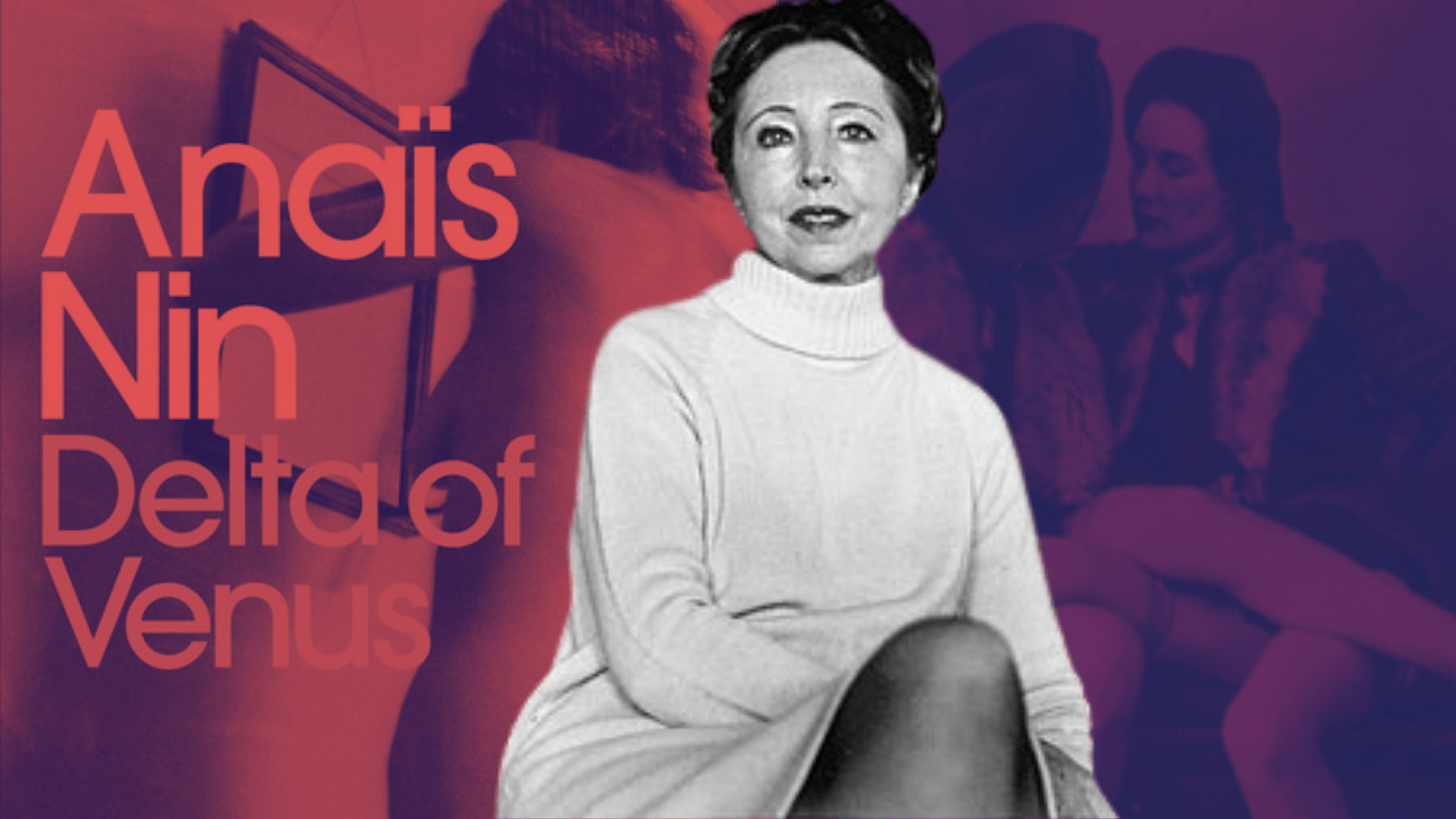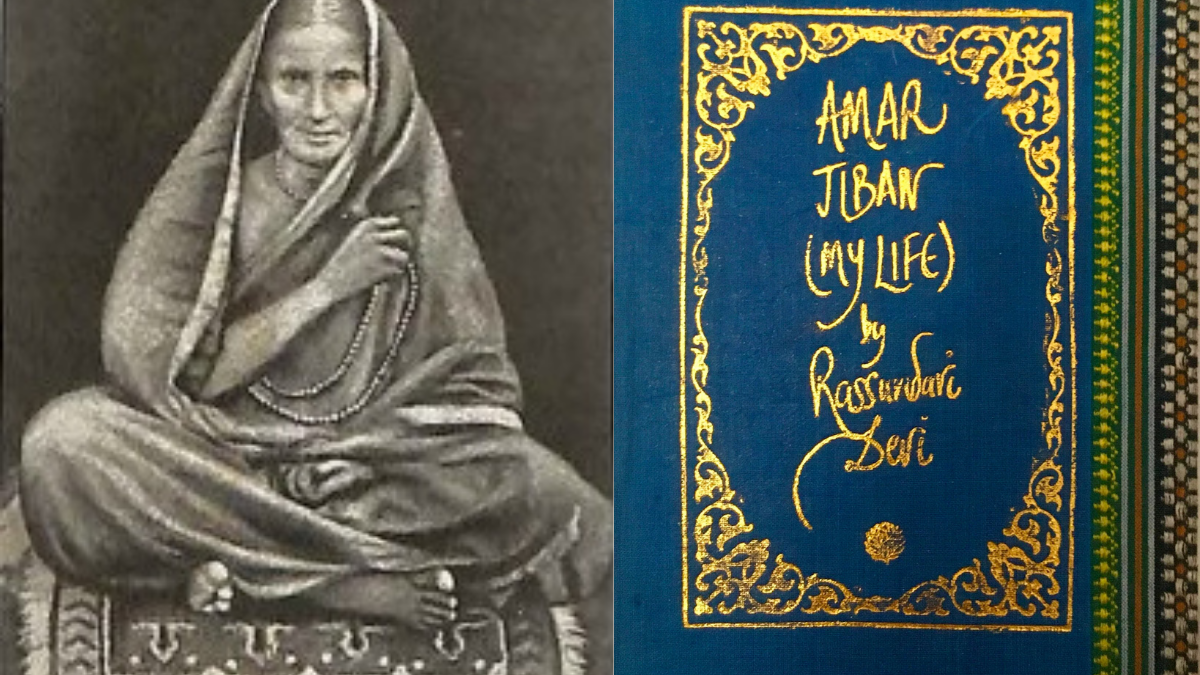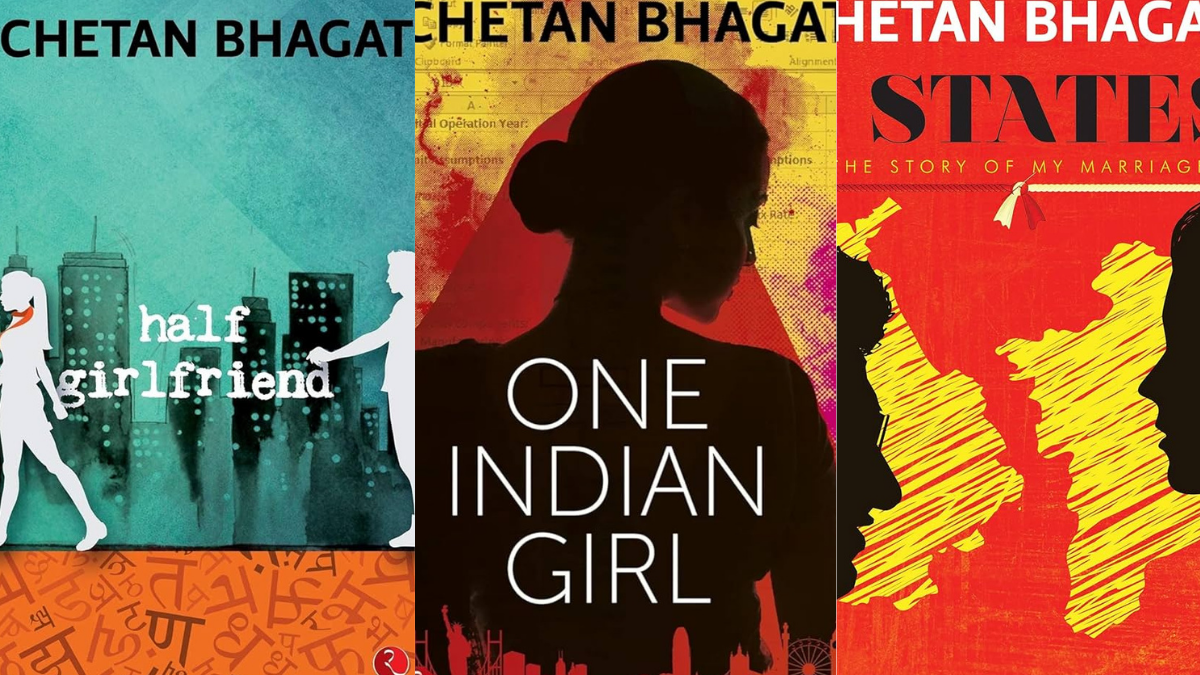In recent times, there has been a popularisation of Anaïs Nin’s quotes on the internet. Anaïs Nin was an American Cuban French writer who also wrote short erotic stories. One question around Anaïs Nin that has been a matter of debate is whether she was a feminist, as held by some. This piece aims to add to this by analysing how Anaïs Nin tried to destabilise the tradition of erotic literature she came to be a part of. The analysis is based on some of the stories of her posthumously published book called Delta of Venus and her diary entries.
Angela Anaïs Juana Antolina Rosa Edelmira Nin y Culmell, professionally known as Anaïs Nin, was an American Cuban French writer of short stories and erotica. After she married Hugh Parker Guiler and the couple moved to Paris, Nin began to pursue her writing career. During the 1940s, she wrote erotic fiction for a private client. This collection of short stories was titled Delta of Venus and published posthumously in 1977.
One question around Anaïs Nin that has been a matter of debate is whether she was a feminist, as held by some. This piece aims to add to this by analysing how Anaïs Nin tried to destabilise the tradition of erotic literature she came to be a part of. The analysis is based on some of the stories of her posthumously published book called Delta of Venus and her diary entries.
Also read: Fingers To Scroll And Fingers To Touch: What Erotica Taught Me
In one of the stories from this collection, Manuel, the protagonist has an exhibitionist tendency and prefers to gain orgasmic pleasure with other people but only by exhibiting his penis. He rejects any sexual experience except the one which involves him displaying his genitalia. And the only response that he wants from the person on the receiving end is viewing of his member like it is their “favourite food” and thus, appreciation of it. He does not want any tactile response from him or her. Manuel finally meets his match in a prostitute who too enjoys exhibiting and masturbating herself to orgasm. In this way, she never “tried to possess him in the way of other women.”

Manuel thus shuns being bound to any one woman by way of sexual experience. Quite evidently, he is not a monogamist. Therefore, he marries the prostitute who he feels is as unbound, liberated and independent as he is and is an exceptional woman.
This story, as the others of the Delta of Venus collection, might have been a satirical attack on the erotic writing of men and on the male collector for whom she wrote. In Paris, Anaïs Nin, along with a collective of other writers, was earning 1 dollar per page for writing erotic fiction for an anonymous client. But in his feedback, he had repeatedly told her to leave out the poetry and concentrate on the sex. This not only characterised erotic fiction of those times but was also a reason for Nin’s ire.
All of Anaïs Nin’s stories are male-oriented. Men are the subjects, the heroes of their own story. They are the doers. To women, things are done. They do not possess the agency to respond back. Which is why perhaps one would not get the feeling that Nin is trying to destabilise the tradition instead of conforming to it only by reading her stories. Fortunately, several of Nin’s diary entries are included in the Delta of Venus which clarifies her motives.
In her December 1941 diary entry, Anaïs Nin posts “Dear Collector: We hate you.” From the way she goes on to explain the multi-dimensionality of sex beyond the act of penetration, her chagrin is clear. She calls the collector’s vision of sex “a mechanistic obsession” and “a bore”.
Yet she had to sell her stories. Therefore, she employs satire to both satisfy and get back at her client. Anaïs Nin’s stories may at first seem like she is simply complying with her male reader’s demands and the male erotica tradition. But because of the exaggeration she employs for the male characters in her stories, her words also seem like a critique or even a laugh at the male erotic culture.
In The Hungarian Adventurer, the Baron is so perfect in every sense that his sexual promiscuity is justified even by his women partners who feel their mediocrity will never be able to follow his “great eagle sweeps”.
In Marianne, another young man enjoys being aroused but only by being looked at in the naked by a female artist. But here, Anaïs Nin does a different take and dedicates detailed visual imagery of Fred’s body and how its accessibility torments Marianne. Our point of view is that of Marianne’s and the young man is our subject. The male gaze almost seems to be sabotaged until Marianne kneels down and takes his erect phallus in a “worshipful” pose. Nin clearly remembers how far she is allowed to go and seemingly pulls her brakes.
Eventually, Fred, like Manuel, starts posing nude before classrooms of artists, thus giving himself to many others, driving Marianne mad because she, as all women tend to, wanted to possess him.
In Lilith, we get to know of the different sexual fantasies and wants of Lilith, which her husband does not fulfill any of. He does not even let Lilith undress him and when he wants her, “he puts out the light”. This clearly indicates towards the preference of her husband for only the penetrative act and none for emotions, romance, fantasy or foreplay. However, Anaïs Nin safeguards her story against her male reader in the beginning itself by calling Lilith “sexually cold”.

But her frustration and her stories may have been directed at more than just her patron. It may have been targeted towards the long-standing one-dimensional system of erotic literature in which the male writers expressed and exhibited themselves as they pleased, fulfilling the demands of the male readers but with little scope for response from the female audience.
In her September 1976 diary entry, Anaïs Nin states that “for centuries we had had only one model for this literary genre-the writing of men.” Both the writers and the readers mostly comprised of men as Nin goes on to criticise. This traditional explicit, direct, loveless, poetry-deprived erotica was also again and again asked for by her collector. However, Anaïs Nin’s stories are not altogether devoid of poetry.
In her September 1976 diary entry, Anaïs Nin states that “for centuries we had had only one model for this literary genre-the writing of men.” Both the writers and the readers mostly comprised of men as Nin goes on to criticise. This traditional explicit, direct, loveless, poetry-deprived erotica was also again and again asked for by her collector. However, Anaïs Nin’s stories are not altogether devoid of poetry. Mallorco, for instance, tells about the playful love-making between a boy and a girl. Anaïs Nin, here, makes the lovers and “their wavelike movements” one with the sea. So she does try to exercise her creative freedom. And it is perhaps because of occasions like this that her patron repeatedly asked her to “cut the poetry”.
Also read: “Defying Patronage To My Desires!” – Women And Erotic Literature
Anaïs Nin’s assertion, as subtle or layered as it might seem in hindsight, upon analysis, is reflective of how women’s desires (sexual, as in erotica) and non-sexual (as in Nin’s wish to include poetry in her writing) were continually repressed.
Deeplakshmi Saikia is a research scholar of art history from Jawaharlal Nehru University, New Delhi. Curious, imaginative, book lover, and tea drinker, she considers herself a resident of dark academia. She has contributed articles for LiveWire, LitGleam and The Feminist Times. She can be found on Twitter and Instagram.




